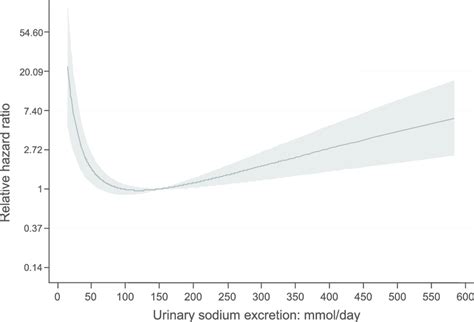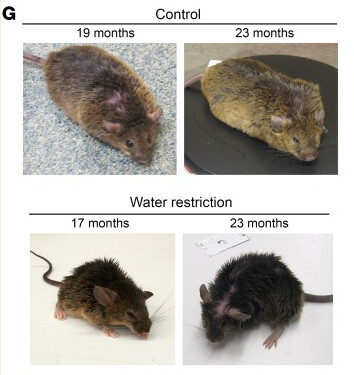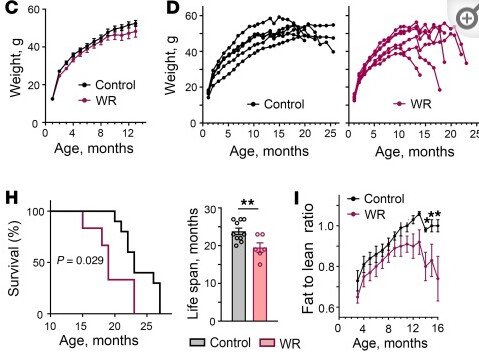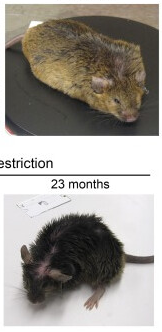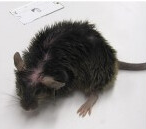Does anyone else feel like sodium is accelerating aging? First of all, let’s not forget the association higher serum sodium has with premature aging: Higher Serum Sodium Linked to Premature Aging - #3 by AlexKChen
And the causal effect sodium has in increasing stroke risk and all cause mortality, as shown in link of randomized controlled trial with salt substitute:
If we think about where there is the most sodium - it is in processed foods, and think retirement home food. There is a remarkable association and causality at play here. Associated with the most processed foods, associated with premature aging, causally increases blood pressure and strokes, cardiovascular disease and death.
There is also the intuitive aspect of sodium’s role in accelerated aging. It seems like a poison. Once you eat something high in sodium, you almost immediately become thirsty to dilute it out. It is like most people are cycling from low/high sodium states depending on sodium intake and fluid intake. Don’t forget eating late at night and having higher sodium levels throughout the night as people are not awake to keep sodium levels from becoming unhealthy.
Then another aspect, is that older people tend to lose their thirst response as they get older, not only is their food loaded with sodium most of the time, they rarely become thirsty leading to all types of problems. I feel like there is so many different angles showing sodium to play a role in aging that’s very bad, and might be a very significant factor. Of course the body requires some level of sodium, and there is a minimum and that level doesn’t have any of these effects at any level as far as I can tell.
